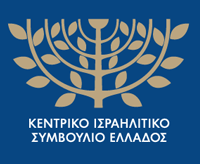ISRAELI COMMUNITY OF JOANNI
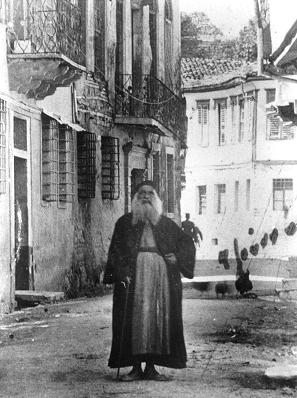 The capital of Epirus is also the "capital" of Romaniotic Jewry, i.e. the center of the Greek-speaking Jewish world, whose roots are lost in time, reaching as far as the ancient Greek period.
The capital of Epirus is also the "capital" of Romaniotic Jewry, i.e. the center of the Greek-speaking Jewish world, whose roots are lost in time, reaching as far as the ancient Greek period.
In Ioannina they lived on early 20th century 4.000 Jews, while up to eve of the Persecution the city community numbered 2.000 members. The Jews of Gianni formed the first core of the Israeli community of Athens, whose old Synagogue is called "Jianniotiki".
The historians Iosif Nehama and Nikos Veis they dated her first Jewish presence in Epirus in the years of Alexander the Great, who according to tradition brought Jews there from Palestine. According to a second version, after the destruction of the second Temple in Jerusalem, the Romans took captive Jews and took them to Rome. When their ship ran aground near Parga, the shipwrecked Jews settled in Epirus. The most likely, historically, is that the Jewish community of Ioannina was formed after the 8th century, by settlers from Nicopolis of Epirus. After all, in that period Ioannina began to acquire a certain importance as an urban center. Since then, Jews have continuously resided in Ioannina, maintaining a tradition of their own, with particular customs and formalities.
Place of settlement of the Jews of Ioannina it was the area inside the city's Castle, as well as Yosef Eligia (otherwise Max Nordau) streets - the people of Gianni called it Megali Rouga - where the "heart" of the Jewish community was located, Kountourioti as well as the "Livadioti" district. Several old Jewish houses are preserved today and are monuments of the city's architectural heritage, such as the two Levi houses, the Mord houses. Raphael and Moses, but also many picturesque folk houses.
The Jews of Ioannina paid a heavy blood tax to Holocaust. On March 25, 1944, 1.850 people were arrested and taken to Auschwitz from where only 163 returned.
The Ioannina, according to a local saying, were first in letters. This is how they emerged from the Jewish community of the city intellectual personalities. Among them were distinguished rabbis and Bible scholars Samuel David and "Aham" Davos, as well as the great poet Yosef Eligia. And the Jewish schools of the city, which operated under the supervision of the Alliance, were famous.
Ioannina, also according to the above saying, was famous as the first in the "grosias", due to its economic development and its many wealthy residents. The latter included members of the Jewish community, such as Davitjon Levi and Avraam Ganis, who operated in the city at the beginning of the 20th century, while many modern Greek-Jewish businessmen are of Ioannina origin. Also, many Jews from Ioannina immigrated to America, where they emerged as important economic factors and scientists. They founded a Synagogue in Manhattan, New York, which operates to this day, as well as a very active brotherhood, which from time to time helps Greek and especially Ioannina Jewry.
According to the same saying, the Ioannina are also first in the chariots. Thus the Jews of Ioannina responded to all the war cries of the homeland. Two of them fell for their country in the Battle of Sangario during the Asia Minor Campaign, while three others were killed on the Albanian Front.
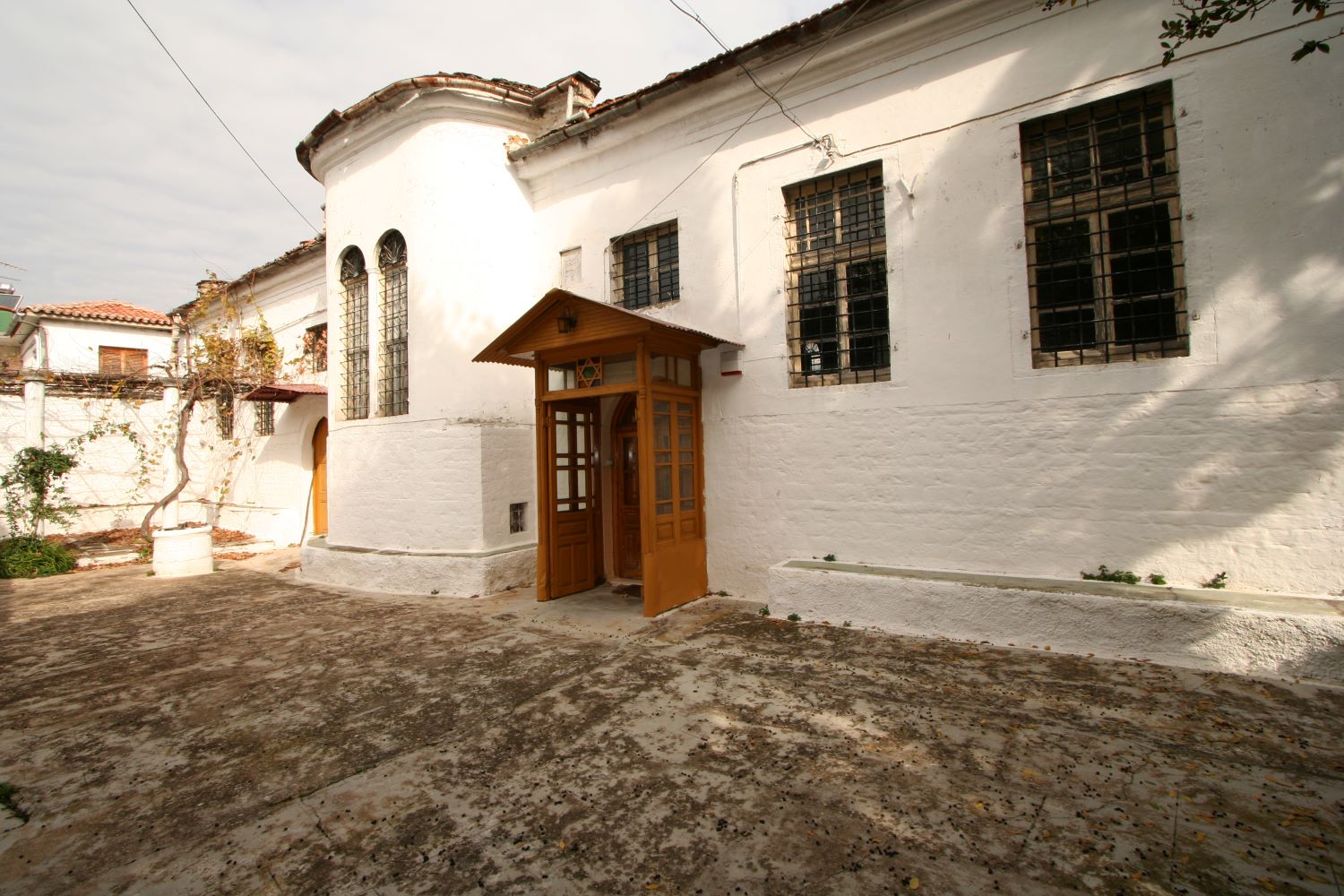
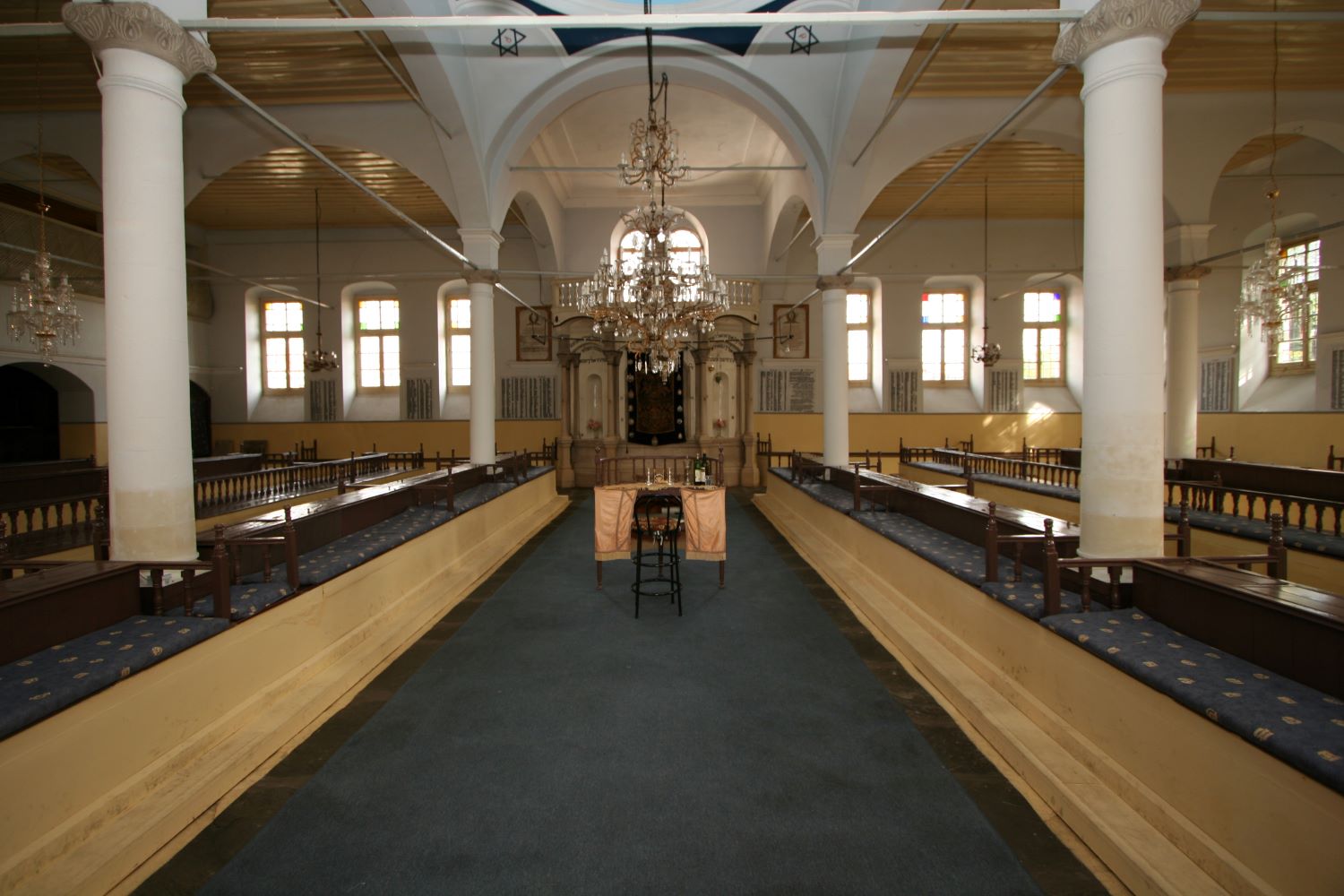
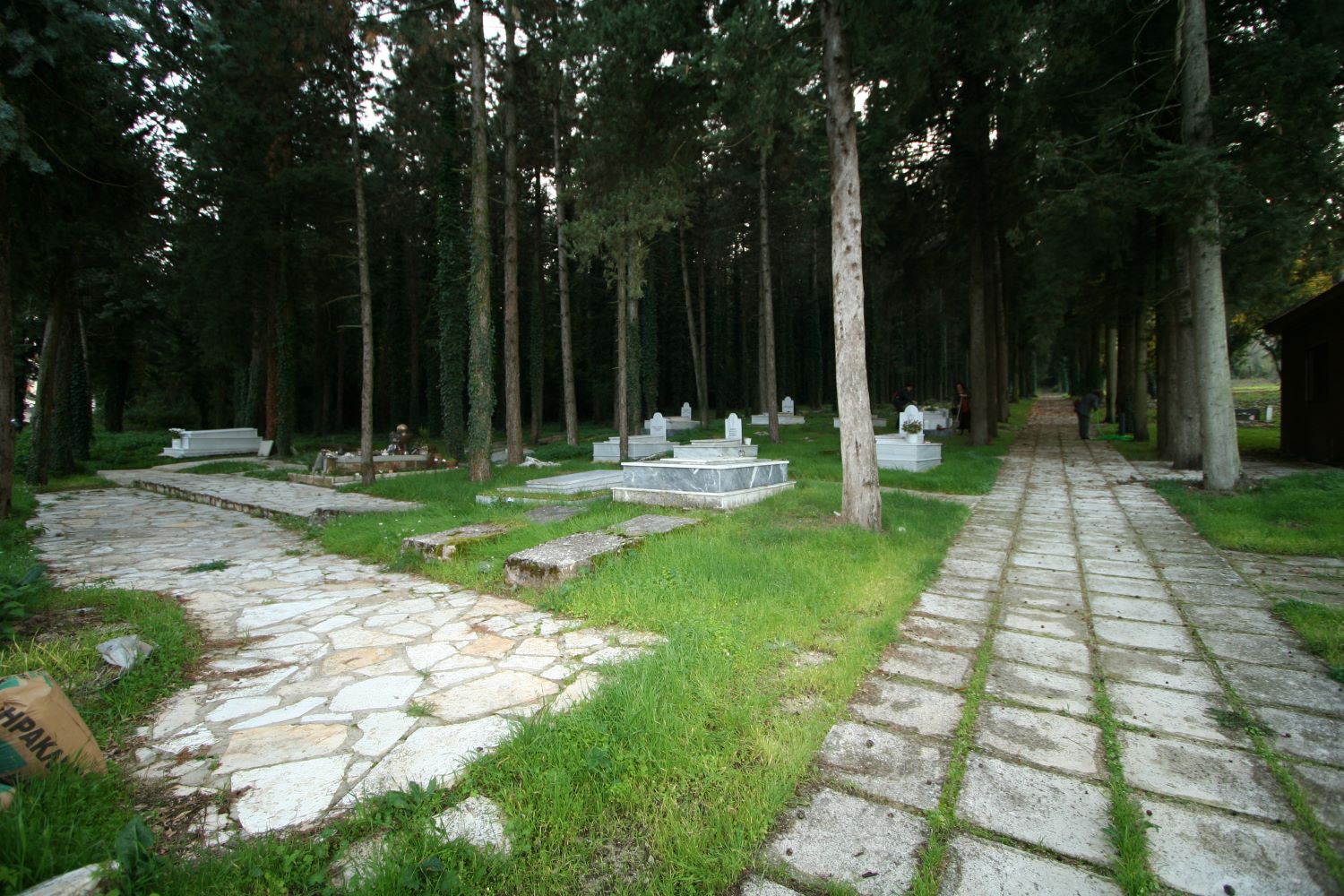 Η The Israeli Community of Ioannina was reconstituted after World War II, now consisting of a much smaller number of members. Fortunately, the old Kal Kantos Yasan Synagogue, or Mesa Synagogue, located inside the city's Castle, was saved. This Synagogue, built in 1826, is the largest and most beautiful of the surviving religious buildings of the Greek Jews. The Synagogue operates normally on all Jewish holidays. The community also maintains two apartment buildings built on the site of the former New Synagogue and Alliance Boys' School, which were destroyed by the Germans, and where the majority of its members live. It also maintains a privately owned Jewish cemetery.
Η The Israeli Community of Ioannina was reconstituted after World War II, now consisting of a much smaller number of members. Fortunately, the old Kal Kantos Yasan Synagogue, or Mesa Synagogue, located inside the city's Castle, was saved. This Synagogue, built in 1826, is the largest and most beautiful of the surviving religious buildings of the Greek Jews. The Synagogue operates normally on all Jewish holidays. The community also maintains two apartment buildings built on the site of the former New Synagogue and Alliance Boys' School, which were destroyed by the Germans, and where the majority of its members live. It also maintains a privately owned Jewish cemetery.
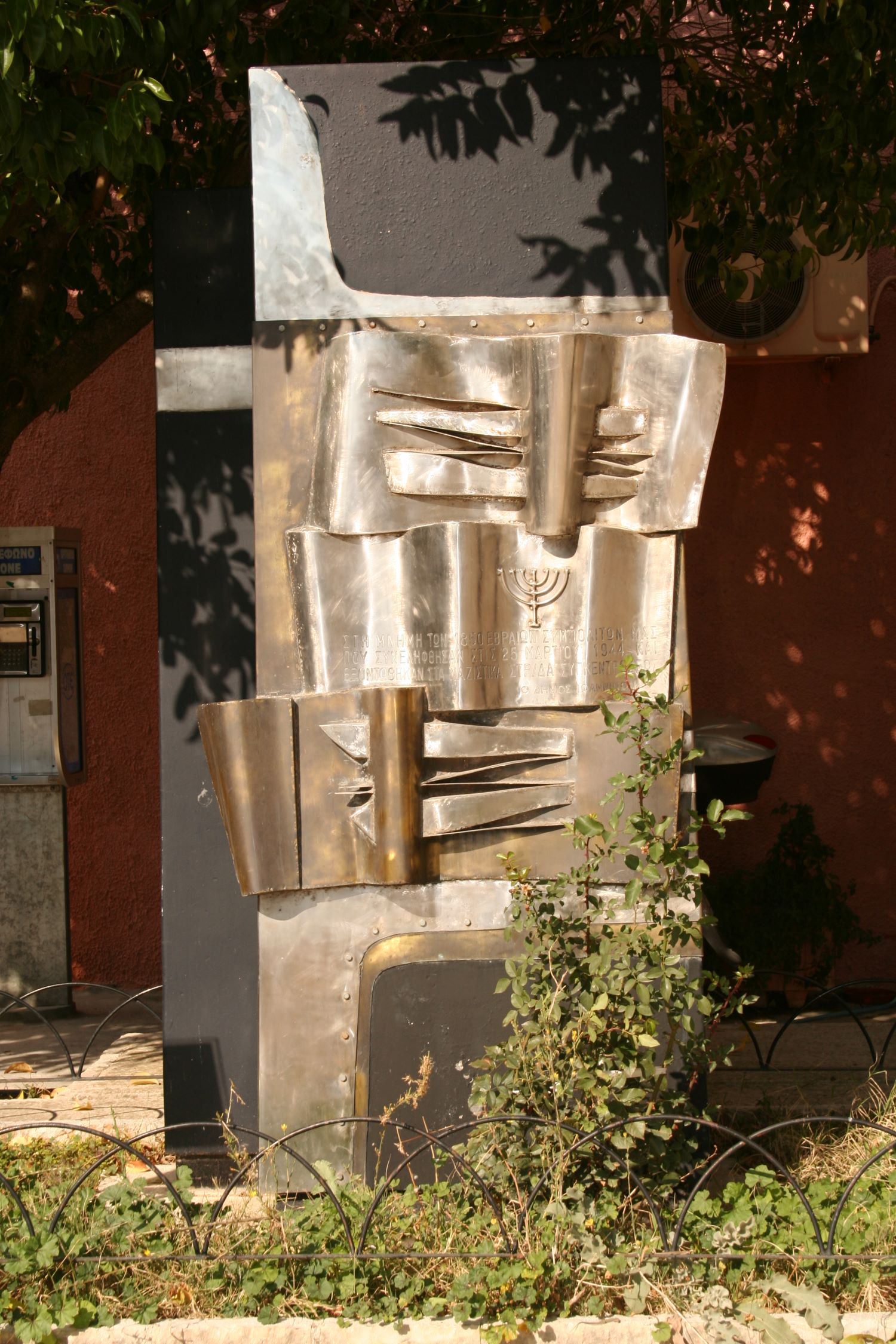 The 1994 Holocaust Memorial was placed on Soutsou & Karamanli streets.
The 1994 Holocaust Memorial was placed on Soutsou & Karamanli streets.
At the initiative of the Israeli Community they were placed in the Synagogue marble slabs, which bear the names of the Jews of Ioannina, who perished in the Holocaust.
